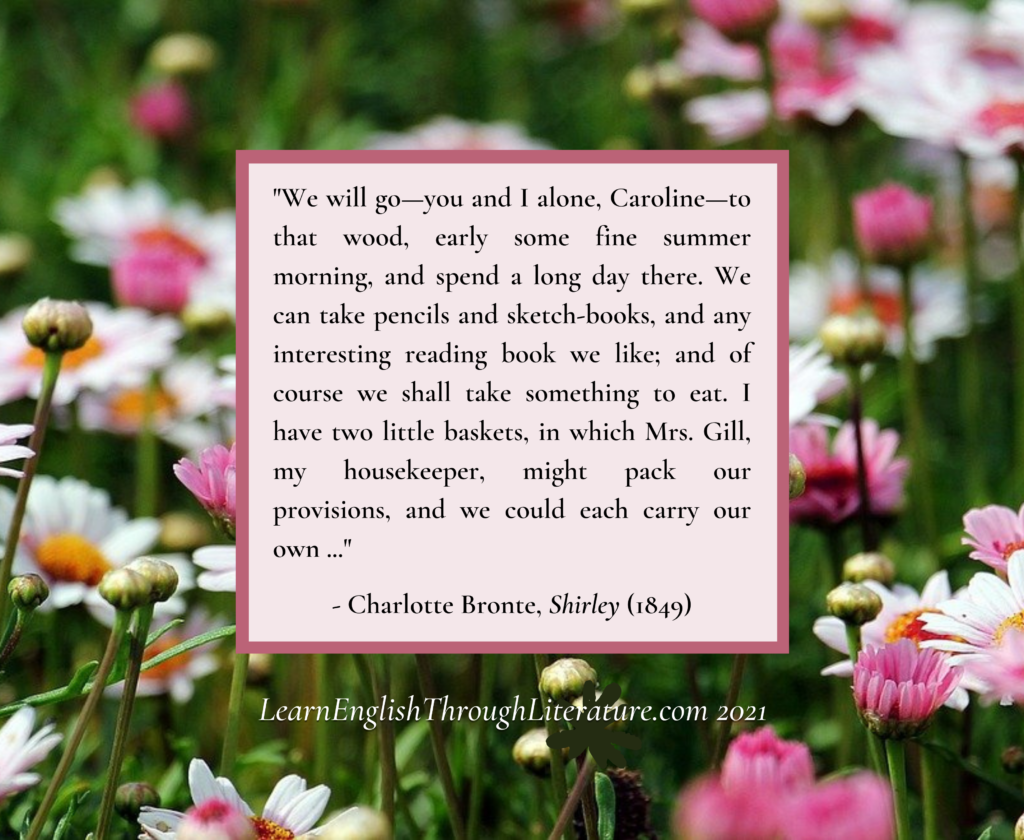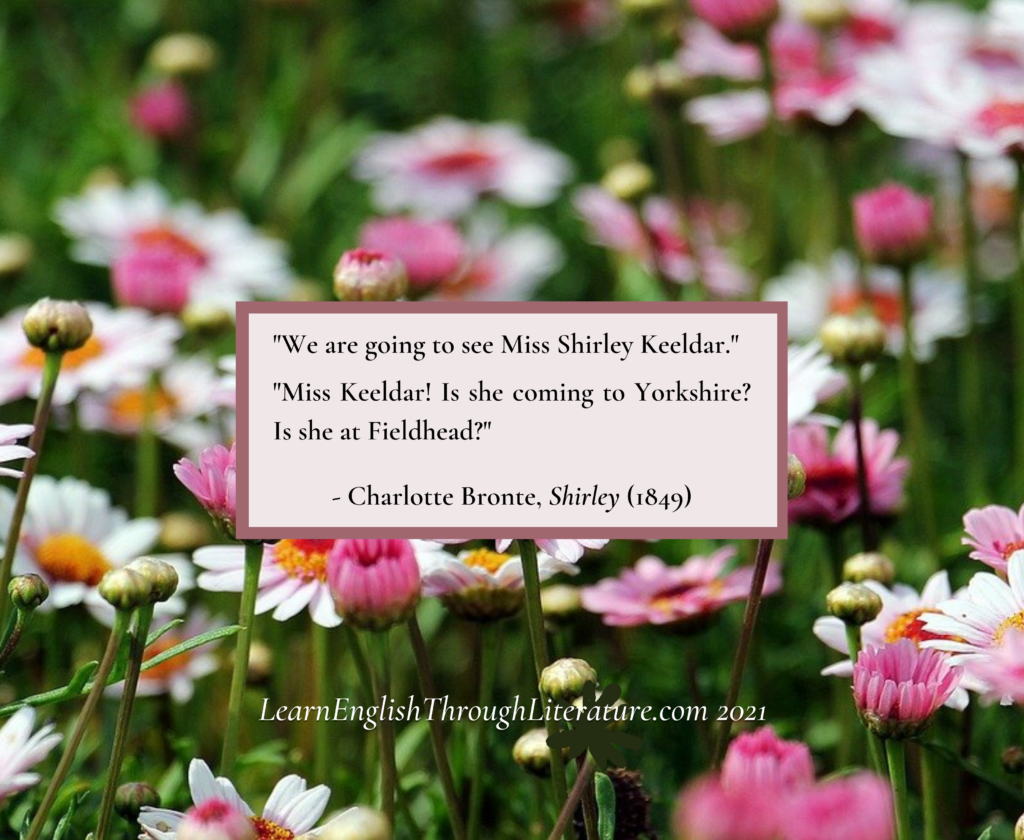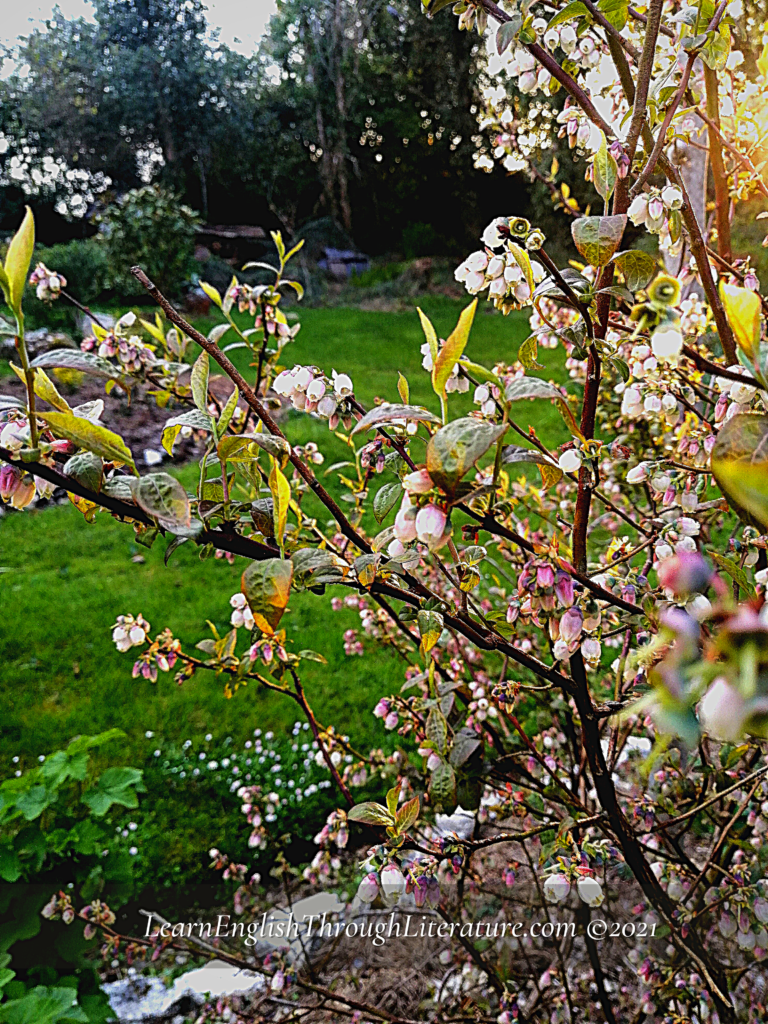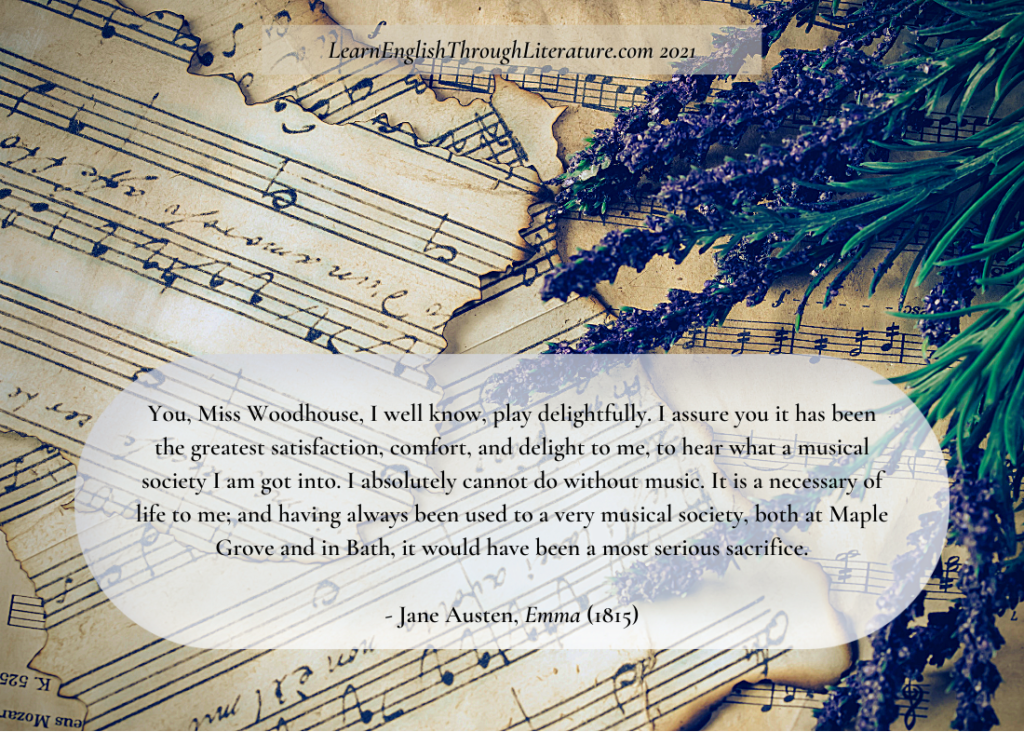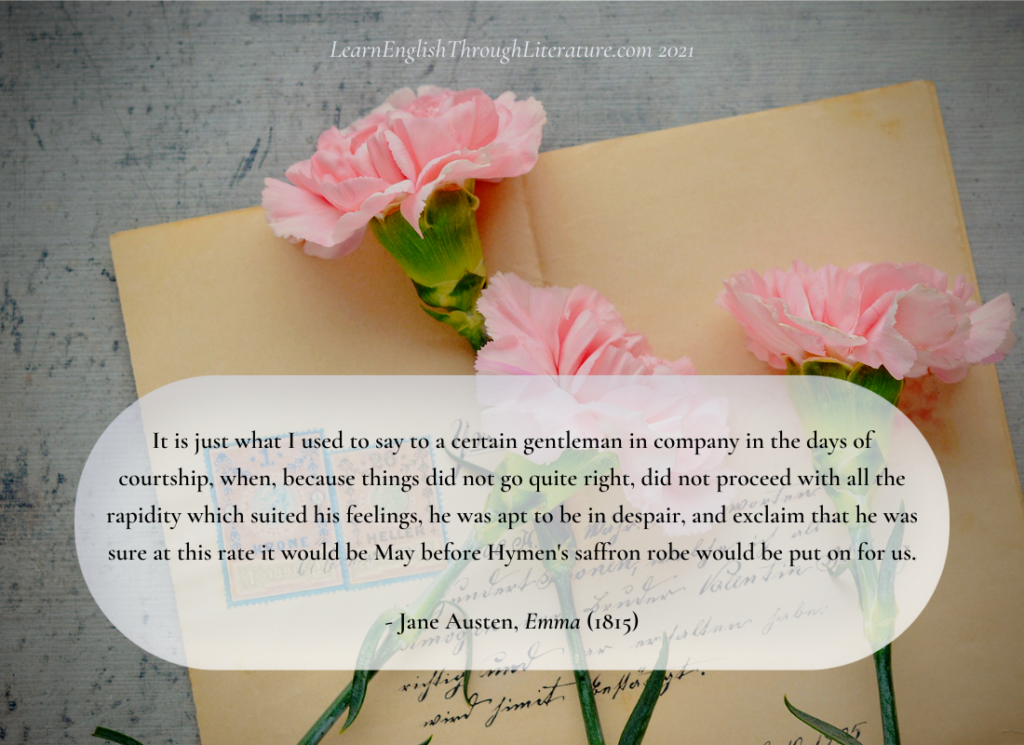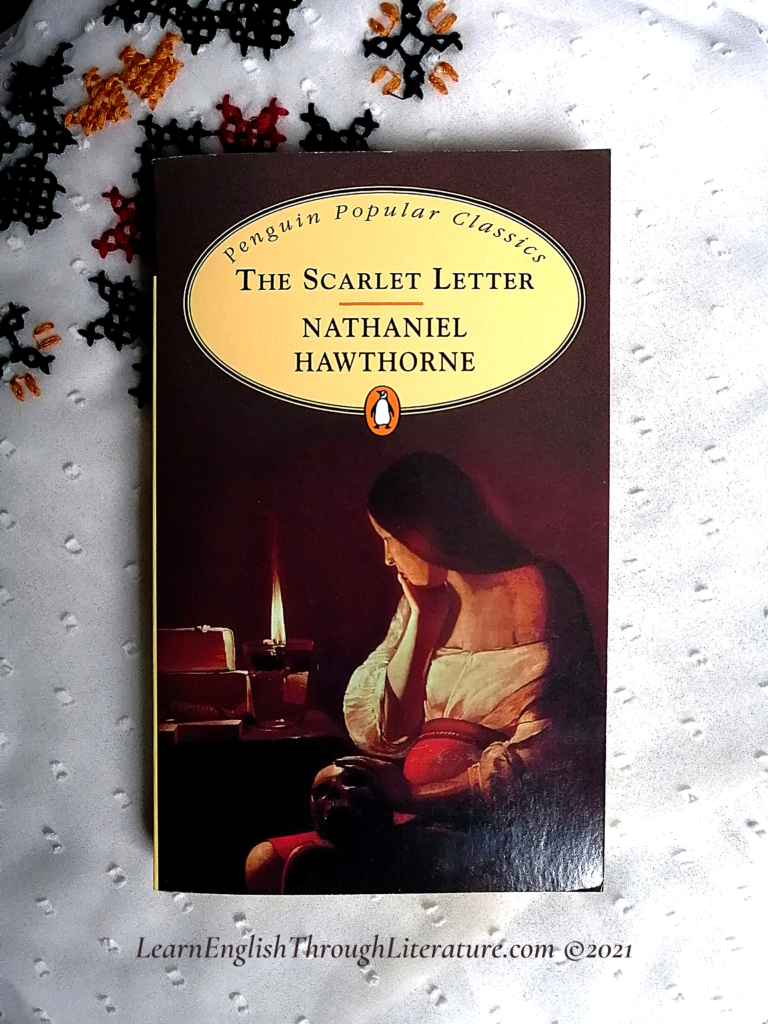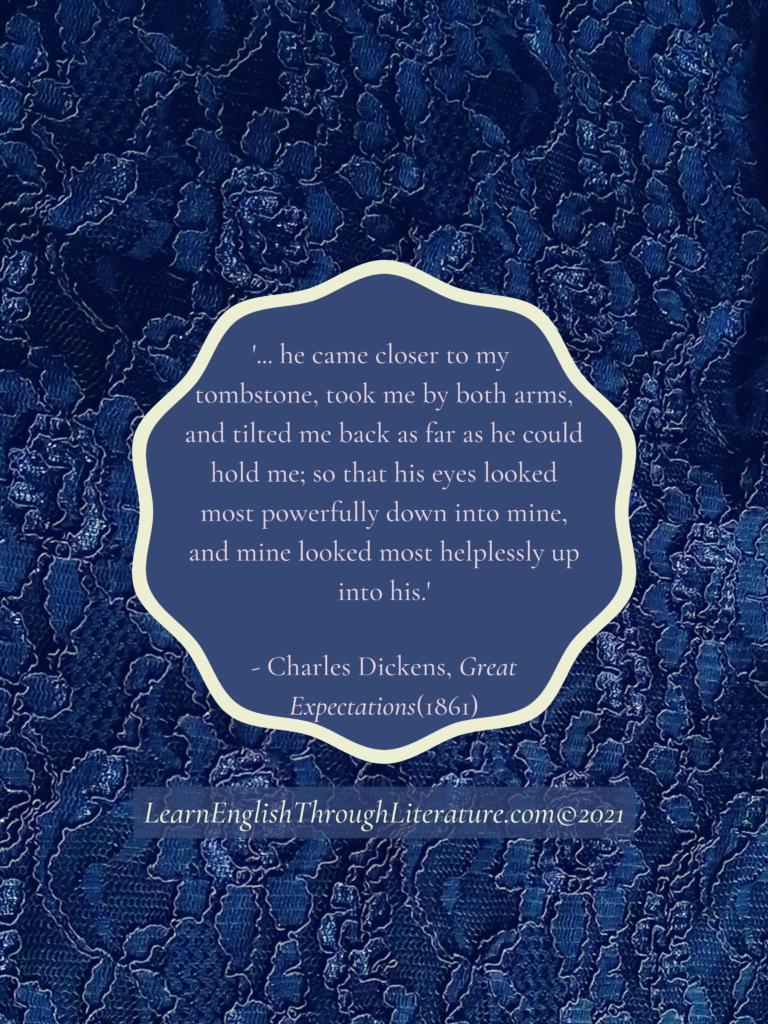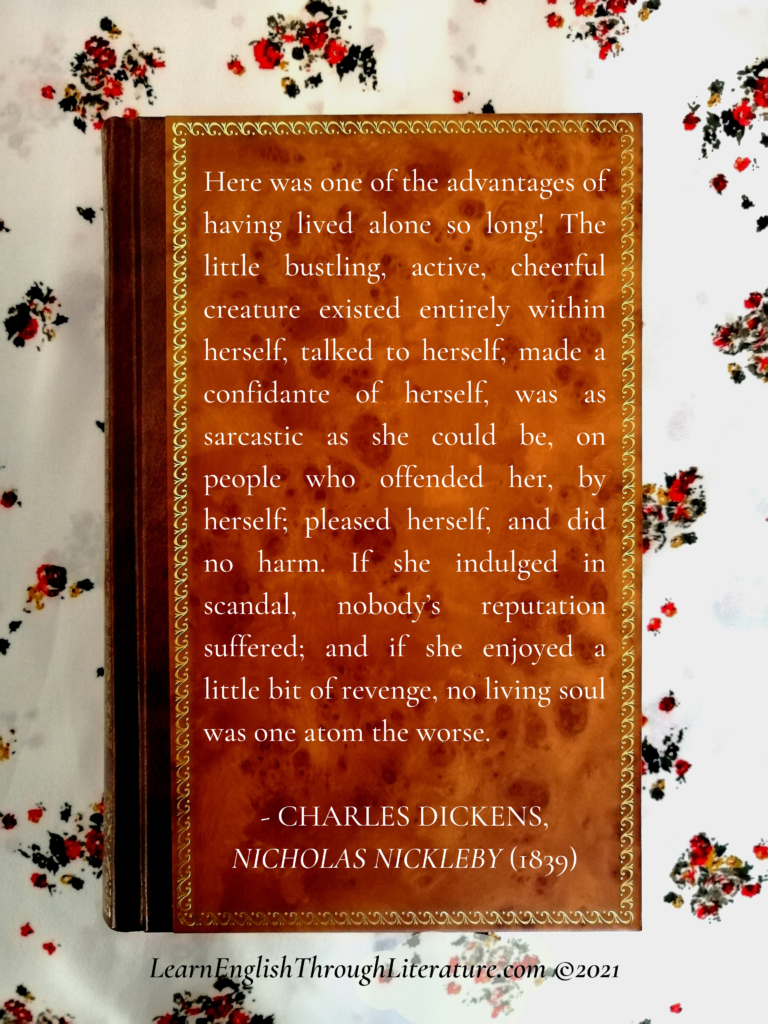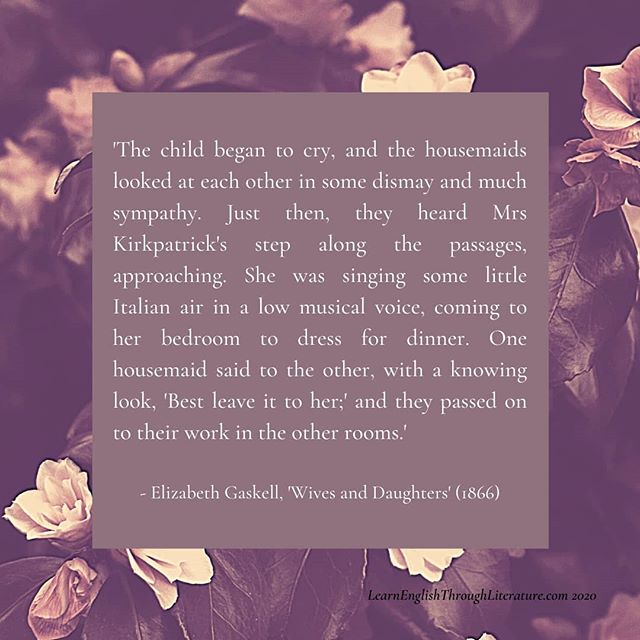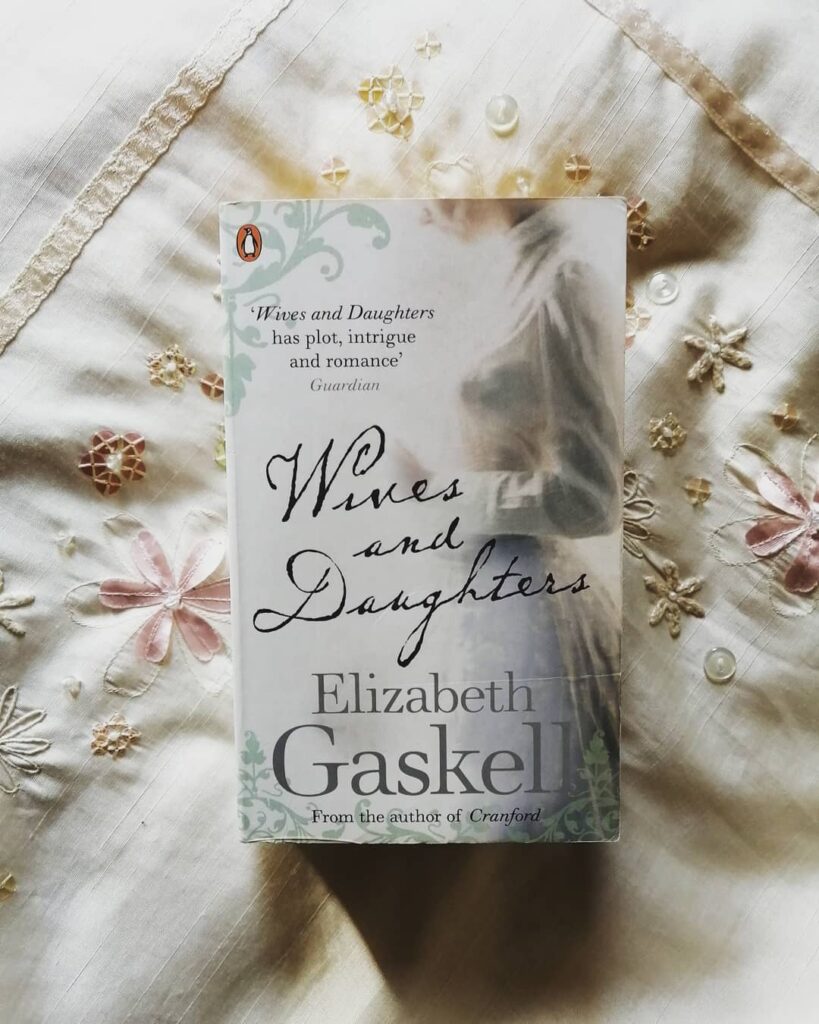Lesson #227 (Part 2): ‘We are going’ cf. ‘We will go’: 2 constructions of the future tense
We continue our Lesson on the differences (and similarities) between the expressions ‘be going to [verb]’ cf. ‘will [verb]’ to talk about the future in English. (If you missed it, we looked primarily at ‘be going to …’ in Part 1 of our Lesson) … 📝 ‘WILL [+ VERB]’ (SIMPLE FUTURE) In Part 1 of […]

